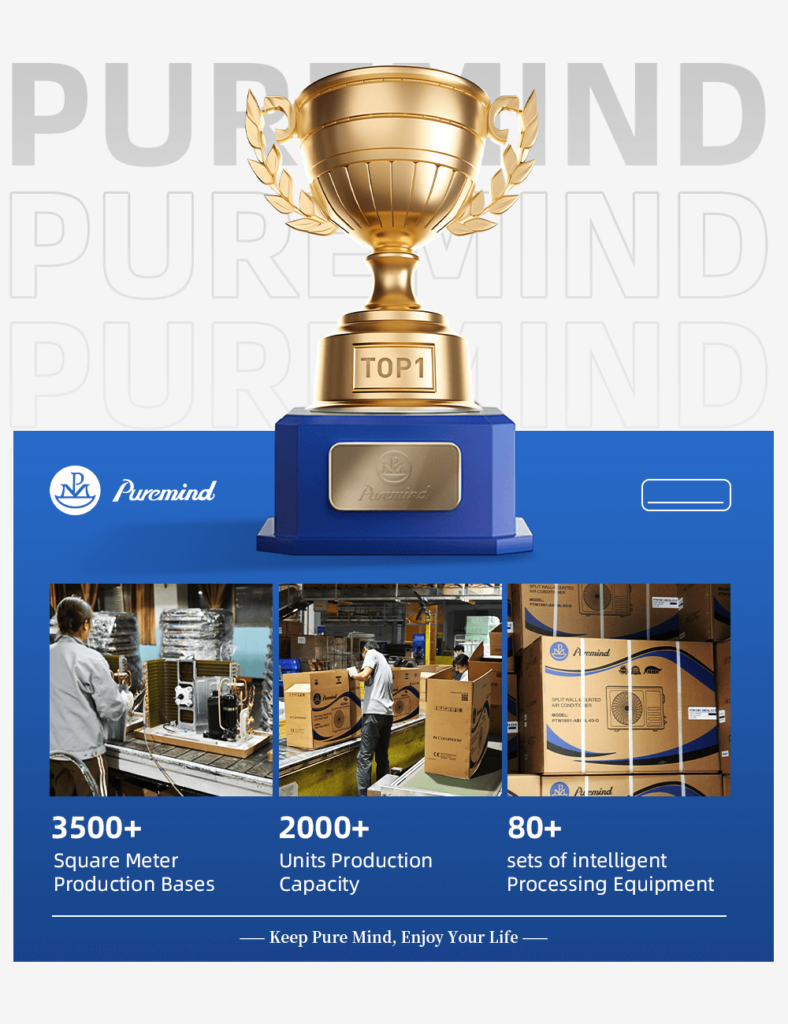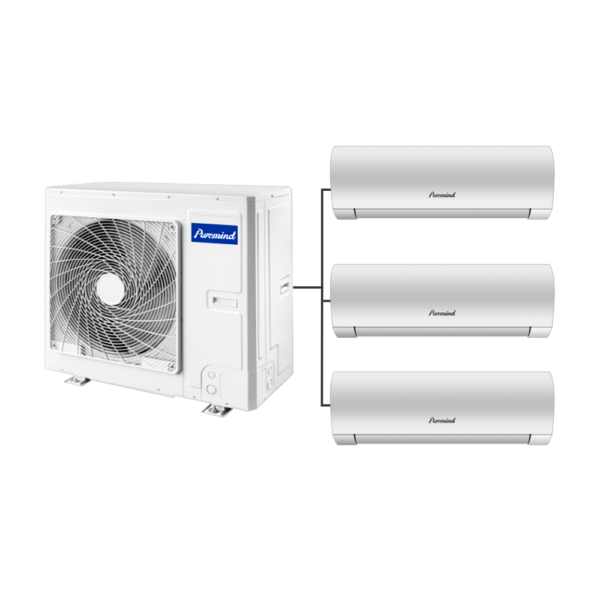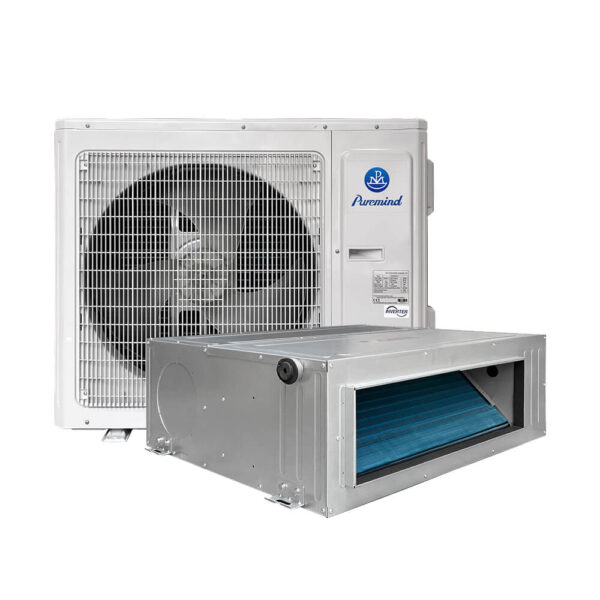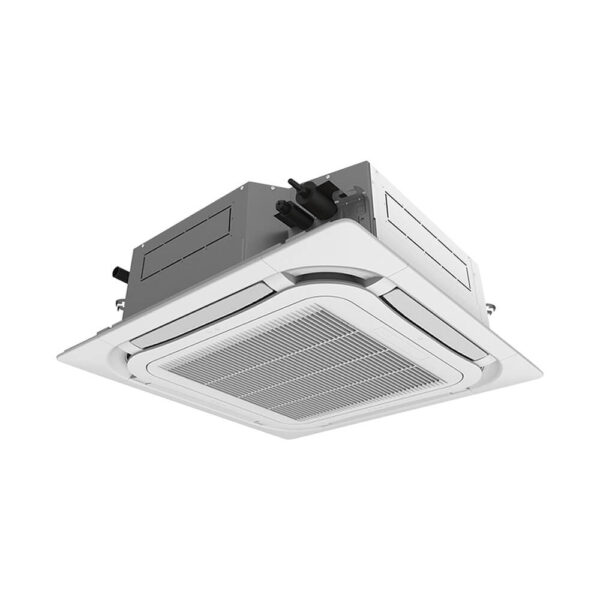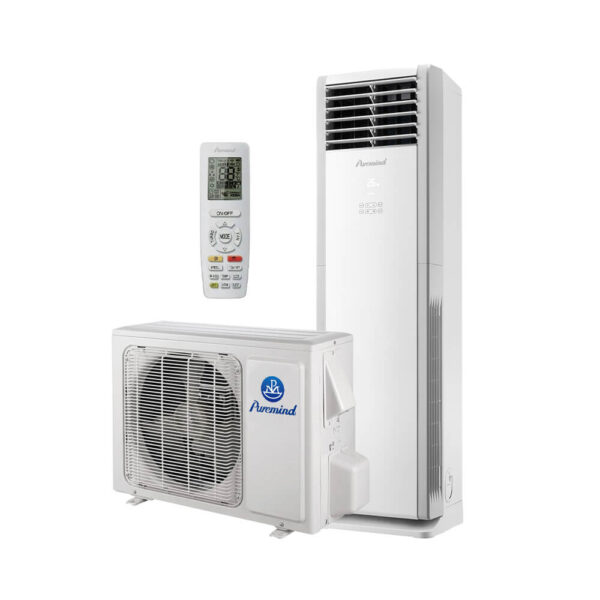AC Wholesale Center Guide: Everything Distributors and Suppliers Need to Know
The HVAC industry is growing at an unprecedented pace, driven by rising demand for energy-efficient systems, stricter environmental regulations, and rapid urbanization. For wholesalers, suppliers, and distributors, finding the right AC wholesale center is essential to remain competitive and profitable in this evolving landscape. Wholesale centers not only ensure access to a consistent supply of products, but also provide technical expertise, business support, and long-term partnerships that drive success. This guide explores every aspect of AC wholesale centers, from their role in the supply chain to strategies for selecting the best partner.
What Is an AC Wholesale Center?
An AC wholesale center is a specialized hub that supplies HVAC products, parts, and accessories in bulk quantities to businesses such as distributors, contractors, and resellers. Unlike retail outlets, wholesale centers are built for scale and efficiency, offering better pricing, larger inventories, and professional support tailored to B2B customers. Their offerings range from residential split systems to large-scale commercial HVAC units, along with spare parts, refrigerants, and advanced digital controls.
The Role of AC Wholesale Centers in the HVAC Supply Chain
The global HVAC supply chain depends heavily on wholesale centers. They act as a vital bridge between manufacturers and end customers, ensuring smooth product flow and availability. By working with wholesale centers, distributors reduce the risk of stockouts, secure competitive pricing, and access a wider portfolio of products than they could manage independently.
- Cost efficiency – AC wholesale centers purchase in massive quantities directly from manufacturers, passing discounts down the chain to distributors and suppliers.
- Product consistency – Ensures steady access to branded and certified HVAC systems.
- Technical support – Many centers provide training, manuals, and technical workshops for distributors and contractors.
- Market adaptation – Centers often adjust inventory based on regional demands, such as cooling systems for hot climates or energy-efficient models for markets with strict regulations.
Product Categories Available at AC Wholesale Centers
One of the main advantages of partnering with an AC wholesale center is the wide selection of products under one roof. Common product categories include:
- Split Air Conditioners – These units are popular in both residential and light commercial applications. Distributors can find high-quality models through centers such as split air conditioners, ensuring reliable performance and energy efficiency.
- Commercial HVAC Systems – Including rooftop units, packaged systems, and ducted solutions suitable for large buildings and industrial facilities.
- Replacement Parts and Accessories – Such as capacitors, compressors, evaporator coils, filters, and motors. Having access to spare parts minimizes service delays.
- Refrigerants – Wholesale centers stock environmentally compliant refrigerants in line with EPA and international standards, helping distributors meet regulatory demands.
- Smart Controls and IoT Solutions – Smart thermostats, sensors, and building management systems that integrate with HVAC for energy optimization.
Key Benefits of Partnering with an AC Wholesale Center
Wholesale centers offer multiple advantages that go beyond just supplying products. By working closely with a trusted AC wholesale center, distributors can secure sustainable business growth.
- Profit margin improvement – Bulk pricing allows distributors to maintain competitive resale prices while protecting margins.
- Reliability – Steady access to inventory prevents supply disruptions, especially during peak summer seasons.
- Technical training – Many centers host workshops and certification programs, keeping distributors informed about the latest HVAC technologies.
- Marketing support – Some centers provide catalogs, product brochures, and digital assets to help distributors promote offerings effectively.
- Warranty and service support – Partnering with certified wholesale centers ensures warranty coverage and smoother after-sales processes.
Case Study: How AC Wholesale Centers Support Business Growth
Consider a regional distributor in Texas serving both residential and commercial clients. By partnering with a reputable AC wholesale center, the distributor gained:
- Access to a larger portfolio, including smart HVAC units that appealed to eco-conscious customers.
- Better delivery timelines due to multiple warehouse locations across the state.
- Improved credibility by sourcing products certified by ASHRAE.
This partnership not only improved sales volumes but also enhanced customer satisfaction, leading to repeat contracts and expanded market presence.
How to Choose the Right AC Wholesale Center
When evaluating an AC wholesale center, distributors and suppliers should follow these criteria:
- Reputation and credibility – Look for centers recognized by industry authorities such as ASHRAE and AHRI.
- Product diversity – The wider the range of HVAC solutions, the easier it is to meet various client needs.
- Geographic reach – A center with multiple warehouses reduces shipping time and costs.
- After-sales service – Consider warranty, training, and customer support.
- Sustainability commitment – Centers offering eco-friendly refrigerants and Energy Star-certified products demonstrate long-term responsibility.
Future Trends Shaping AC Wholesale Centers
The future of wholesale HVAC distribution is shaped by technological innovation, sustainability, and globalization. Key trends include:
- Green Refrigerants – Regulations by the EPA are pushing adoption of low-GWP refrigerants, making compliant suppliers highly valuable.
- Smart HVAC Integration – Wholesale centers are increasingly stocking IoT-ready equipment that integrates with building automation systems.
- Digital Transformation – Online ordering portals, inventory tracking apps, and AI-driven forecasting tools are becoming common in wholesale operations.
- Energy Efficiency Focus – Energy Star-rated HVAC systems are in higher demand, and wholesale centers play a key role in meeting this market shift.
- Global Trade Partnerships – More centers are forming alliances with international manufacturers, providing access to cutting-edge technologies at competitive prices.
Challenges Faced by Distributors Without Wholesale Support
Distributors that do not partner with an established AC wholesale center often face challenges such as:
- High procurement costs – Buying in smaller quantities results in weaker margins.
- Inventory shortages – Limited stock availability can damage customer relationships.
- Lack of technical expertise – Without training and support, service quality may decline.
- Regulatory risks – Difficulty accessing compliant products leads to penalties and lost contracts.
Conclusion: Maximizing Growth with the Right AC Wholesale Center
In the competitive HVAC industry, a reliable AC wholesale center is more than a supplier—it is a strategic partner that drives efficiency, growth, and innovation. By choosing centers that offer diverse products, strong technical support, and sustainable solutions, distributors and suppliers can ensure long-term success. The right wholesale partner will not only reduce costs but also enhance credibility, improve customer loyalty, and future-proof your business in a rapidly changing market.
Suggested Image Alt Text: AC wholesale center with split air conditioners and commercial HVAC units
